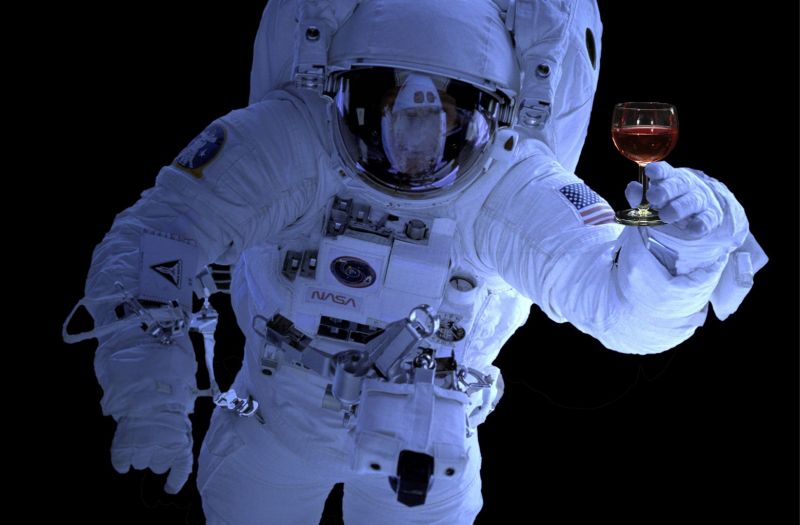Educating Sommeliers Worldwide.
By Beverage Trade Network

The human species has evolved in a way that they function great with gravity as a grounding force. Unless there is no gravity. If that’s the case - it is difficult for humans to live a regular life and do day to day chores.
"Our bodies love force," said John DeWitt, the senior biochemist who works as a contractor for NASA and focuses on crew health. "Force is what helps our muscles get stronger; force is what helps our bones to stay strong; force is what helps or heart to stay strong by having to pump the blood against gravity. So, when you take that force away, you all of a sudden lose a really important stimulus that's important for health."
It might get difficult for the astronauts in the space to survive in an atmosphere without gravity. It might get difficult - not impossible though. The astronauts on a mission to Mars could spend between six to nine months on a spacecraft without gravity. How, you ask?
Exercise is an integral part of providing that force for astronauts on the International Space Station. According to a new study, apart from exercise, the diet and supplements also play a significant role in combatting the challenges of a zero gravity.
There are numerous health issues which astronauts can face while in space. Astronauts on the Red Planet will be dealing with much less gravity than what they're used to about 40% of Earth's gravity.
To overcome that, a new Harvard University study, published in the journal Frontiers in Physiology suggests that resveratrol, an antioxidant, and compound found in blueberries and the skin of grapes, could be part of the dietary strategy that keeps astronauts strong on Mars.